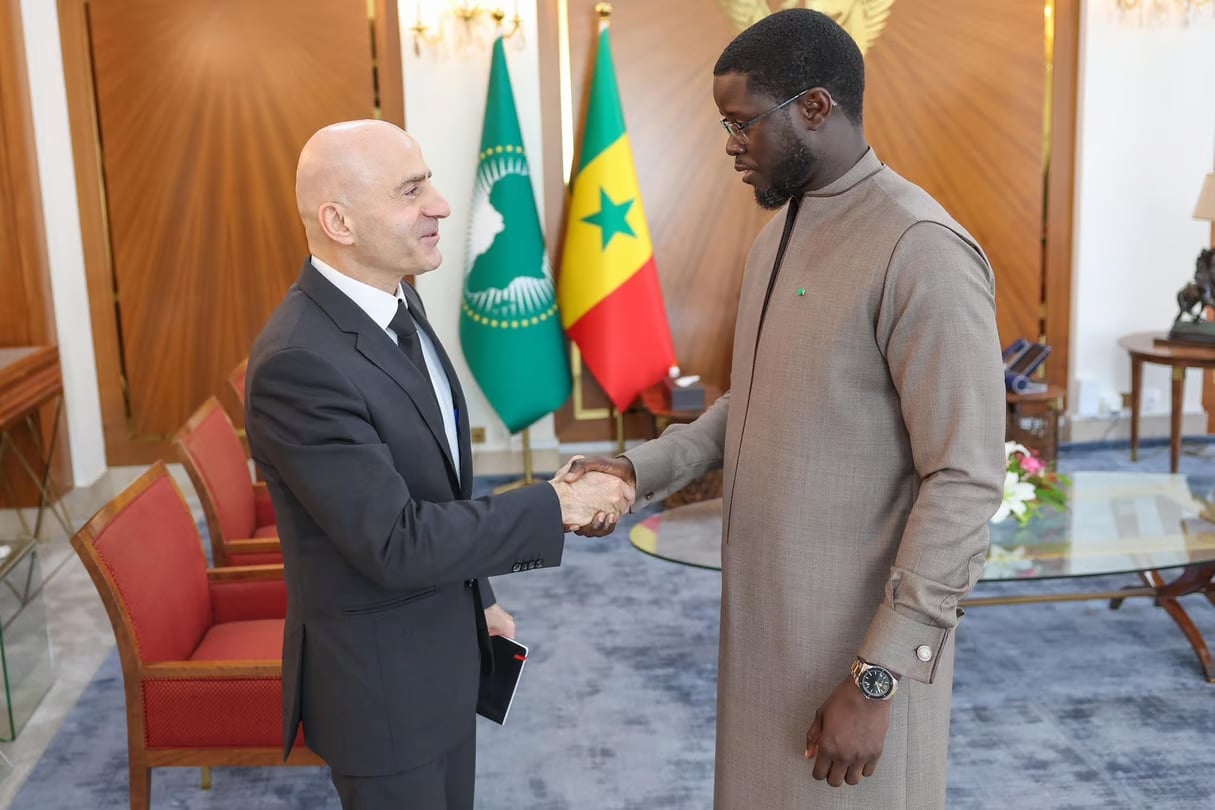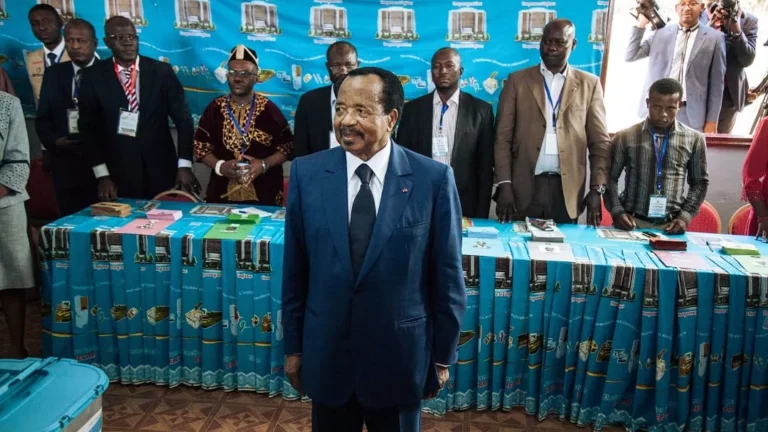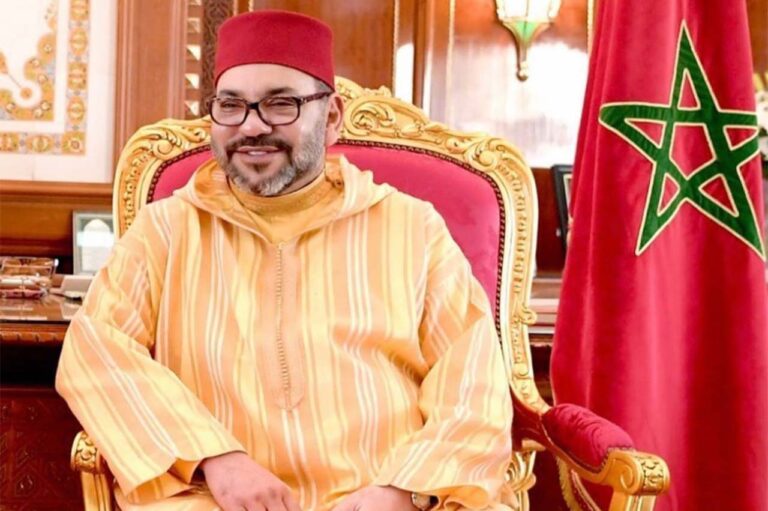
Senegal is facing an unprecedented financial challenge as the International Monetary Fund (IMF) steps in to offer conditional support amid revelations of hidden debt and mounting fiscal pressure.
With a budget deficit estimated at 14% of gross domestic product (GDP) and public debt at 119% of GDP, the West African nation is navigating a financial impasse that threatens both economic stability and international credibility.
The crisis stems from an estimated $7 billion in unreported debt accumulated between 2019 and 2024, according to the IMF and Senegal’s Court of Auditors.
These amounts, excluded from official statistics during former President Macky Sall’s tenure, led to the suspension of a €1.8 billion aid program and raised alarm among international creditors.
The IMF cited “significant misrepresentations” in the country’s debt and deficit reporting, highlighting irregularities in public finance management.
IMF Managing Director Kristalina Georgieva acknowledged the new government’s efforts to clarify the situation.
“The Senegalese authorities have made important progress in addressing the issue of misreporting,” she said.
“The IMF is ready to move forward quickly, once the necessary commitments have been made.” Negotiations for a new financial assistance program are scheduled for October 13-18 in Washington, D.C.
Former President Macky Sall disputes claims of concealment, arguing that public debt cannot be hidden due to monitoring by institutions such as the Central Bank of West African States (BCEAO) and the National Assembly.
“It is technically impossible for such large amounts to have escaped oversight,” he said, while the current government maintains that some direct payments abroad were not tracked in official accounting systems, a gray area fueling suspicion.
The financial strain is already visible. Standard & Poor’s has downgraded Senegal’s outlook, and nearly 20% of government revenue in 2025 is allocated to debt servicing, up from 14% the previous year.
In response, Prime Minister Ousmane Sonko’s government has launched a 300 billion CFA franc bond targeting the Senegalese diaspora and unveiled a budget consolidation plan aiming to reduce the deficit to 3% of GDP by 2027.
The plan includes structural reforms, centralization of debt management, and continued cuts to non-priority spending.
The crisis has ignited a political debate, with the presidential camp condemning “catastrophic management” under Macky Sall, while the opposition accuses the current government of manipulating data to discredit the former regime.
As Senegal seeks to regain market confidence and unlock suspended financing, the IMF insists that transparency, fiscal rigor, and governance reforms are indispensable. The central question remains whether Senegal can navigate this crisis without compromising its development ambitions.



